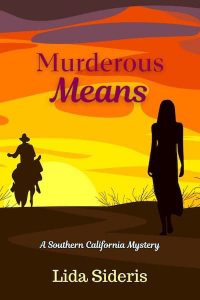Life Lessons as Taught by My Dogs
I’ve been fortunate to have very smart dogs. Brilliant, really. I’ve learned so much from them. My rescues all shared one thing: a grateful heart. A day never passes without them reminding me how grateful they are to have a home where they can run and play, be warm and loved, and eat meals regularly. I’ve learned so much from them. Here are a few examples:

1. Don’t let your good friend howl alone. Join in to show that you care.
2. Always lick your loved one’s hand to remind them that you cherish them. It will give them an instant lift. Did you know loving licks are the equivalents of human hugs and kisses?
3. When your family comes home, greet them with joy. Ever new joy. Never take them for granted.
4. Relish the beauty of nature. A walk, birds singing in the trees, leaves dancing in the breeze. And don’t forget to pause and smell the flowers. All flowers, not just roses. This way, you’ll truly enjoy the wonder and beauty of nature.
5. When you’re happy, don’t just wag your tail; shake your whole body. And if you see a green patch of fresh lawn nearby, go ahead, roll around in it. Put all your heart into it. You’ll be glad that you did.
6. There’s nothing like lying in the shade on a warm sunny day, and taking stock of all the good in your life. It will brighten your outlook.

7. Eat with enthusiasm. But don’t overeat. Trust me.
8. Run and play as much as you can. But don’t forget to rest afterward. After you rest, try not to jump up immediately. Stretch first. You’ll feel much better.
9. If someone invades your space, it’s okay to let them know that they need to back off. Protect what is yours.
10. Be forgiving. If someone hurts your feelings, let it go. Pouting drains your precious energy. Energy we need to run and play.













 The other day however, Chico grabbed a toy that he hadn’t played with in a long while, and thrashed it about with great enthusiasm. For about eight seconds. We’d adopted him when he was four, and have only seen him thrash and shake a few times and that was a while ago. What prompted the burst of joy?
The other day however, Chico grabbed a toy that he hadn’t played with in a long while, and thrashed it about with great enthusiasm. For about eight seconds. We’d adopted him when he was four, and have only seen him thrash and shake a few times and that was a while ago. What prompted the burst of joy? 

